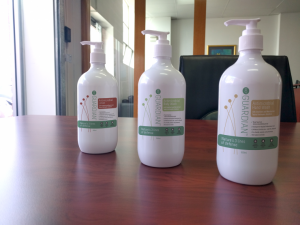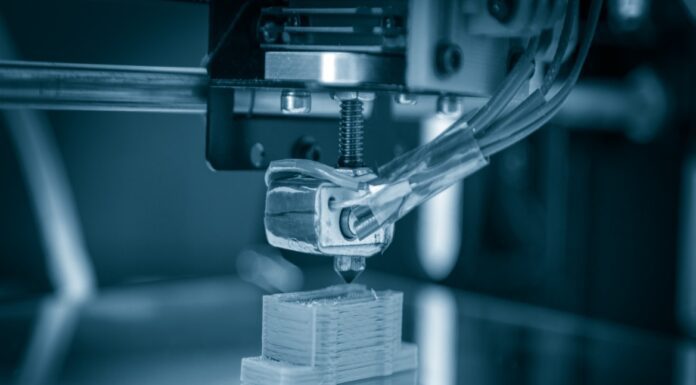Australian start-up Kayban in collaboration with CSIRO has successfully developed the world’s first anti-microbial healthcare range of topical lotions and washes made from organic flaxseed oil.

Independent trials of the new anti-microbial healthcare range, called Bio3 Guardian, showed that it is fast-acting and effective at killing golden staph (Staphylococcus aureus), which is a prevalent superbug responsible for 1621 hospital-acquired infection cases in 2013-14.
Kayban and CSIRO developed the method for extracting the crucial alpha-linolenic acid – an omega-3 fatty acid with known anti-microbial properties – from organic flaxseed with the support of a Victorian Government Innovation and Technology Voucher.
“The challenge was to come up with a cost-effective manufacturing technology that consistently produced excellent quality, highly enriched alpha-linolenic acid,” CSIRO organic chemist, Dr Peter Duggan said.
“What we’ve achieved is a smarter, more efficient process that’s been pivotal in Kayban’s journey to commercialising a unique saleable product.”
He said the technology had been transferred to Melbourne-based CSIRO spin out, Boron Molecular, to extract the flaxseed component for Kayban on a much larger scale.
“Here at CSIRO, we take pride in our role as a key player assisting local SMEs and manufacturers to bring their high technology products to the market,” Dr Duggan added.
Kayban Director, Frank Palermo, said the Bio3 Guardian product range contains a unique antimicrobial formula that uses natural flaxseed oil properties, instead of ethanol, to kill bad bacteria while leaving essential good bacteria intact.
“It’s a moisturising, all-natural alternative to ethanol-based products that can cause skin to dry and crack upon repeated use and increase chances of developing conditions like dermatitis,” Mr Palermo added.
“That’s going to benefit nurses, doctors and patients in hospitals and aged care homes who regularly need to use sanitisers and disinfectants to maintain hygiene or care for wounds.”




















